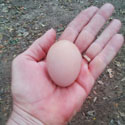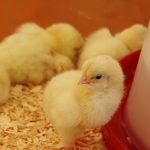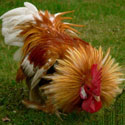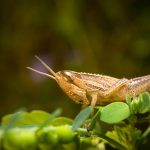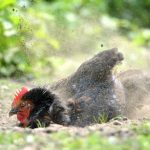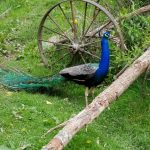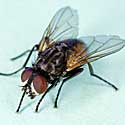
Chickens do not attract flies. Filth attracts flies. Backyard chickens are confined to an unnatural environment, and problems arise when that environment lacks proper management. An accumulation of moist droppings provides an ideal place for flies to lay eggs and for the eggs to develop into maggots, which in turn make more flies. Droppings can’t […]
Continue Reading
